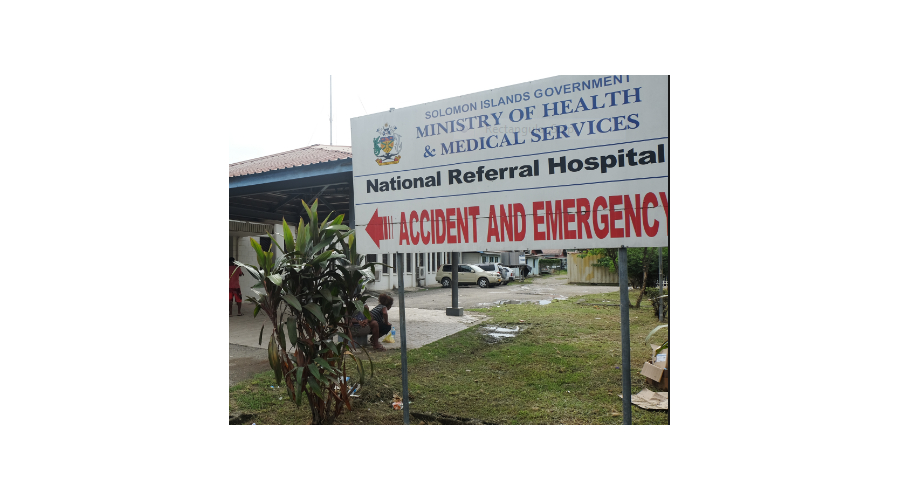3 July 2022
By Kiara Thomas
I read the following story today on the MSM website in the UK and felt it important to share wiit th readers in the Solomon Islands given the incidence of diabetes and the many consequences NCD’s related illnesses, didiseasesnd mortality that the country is enduring when preventative measures should be the key to avoiding such very unfortunate occurrences, especially mortality and the great grief and personal loss that comes with the death of a loved one.
Quote
For Helen Hopkins, 42, it all started with feeling unwell. “I had pins and needles in my feet and hands, had put on weight, and was just generally lethargic," she recalls. After seeing her doctor, she was shocked to learn that she was prediabetic. "I knew there was something wrong but couldn’t quite believe the diagnosis," she says.
Hopkins is among the hundreds of millions of people living with diabetes or prediabetes. Rates of diagnosis are rising globally, with most experts pointing to sedentary lifestyles, inexpensive and readily available food, and lack of time to exercise. In Hopkins' case, her daily routines indeed had an impact on her health. “I was brought up on the idea that the three Cs—cola, cake and carbs—would help give an energy boost," she says. "So whenever I was tired or stressed, and that was often, I reached for sugar.”
Shifting her diet was one hurdle, but finding time to exercise was another. Exercise plays a key part in the management of diabetes; it controls blood glucose by reducing insulin resistance, blood pressure, and cholesterol. But between running her own business and caring for a young family, Hopkins had struggled to find time to be active. The prediabetes diagnosis, however, motivated her to find an enjoyable activity that she could maintain. Following guidance from her doctor, she started to walk: first the school run, then tacking on extra steps until she started to experience the benefits.
“Soon I was walking crazy distances," she says. "I found that my mental health improved enormously as well as my fitness. As an over-thinker, walking gives me the space to just be me.” She is now an ultra walker, completing 50km events and training for a 100km ultra. “I feel that the prediabetic diagnosis was a gift. Becoming fitter and healthier gave me clarity," she says. "I even started my own wellness business when I realized that there were so many other people in similar situations who I could help.”
For diabetic or prediabetic people like Hopkins, building a fitness routine is easier when the chosen activities are enjoyable. They might include walking, running, cycling, swimming, dancing or even gardening. Vanessa Haydock, known as the Diabetic Health Coach, is a personal trainer, nutritional advisor, life coachs and Board Certified Behavior Analyst (BCBA). She has Type 1 diabetes, an innate insulin-dependent type of diabetes, and she says that exercise is key to managing diabetes. “People turn to me as someone who lives with the same condition," she says. "Together we find ways to break down barriers to exercise and slowly develop a new mindset to look after ourselves better—physically and mentally.”
Anyone with a prediabetes or Type 2 diagnosis should check with a doctor before beginning a fitness plan; it's important to know how to handle potential glucose level fluctuations. But once given the all-clear, there are different ways that fitness activities can help support health, and certain times of day when exercise can be most beneficial. For instance, exercising after a meal provides a much higher degree of glucose control and stability than remaining at rest. Resistance exercise—think body weight, resistance bands, and light free weights—as well as aerobic exercise is important. The heart is a muscle that needs to be worked, so moderate to vigorous activity for 30 minutes every other day is ideal.
Nobody is thrilled to learn they're prediabetic—but that diagnosis is no reason to despair. It may just turn out to be an opportunity to show yourself some kindness—and feel better than ever by building fitness and health into everyday life.
End of quote.
Source – MSM
Yours sincerely
Frank Short



